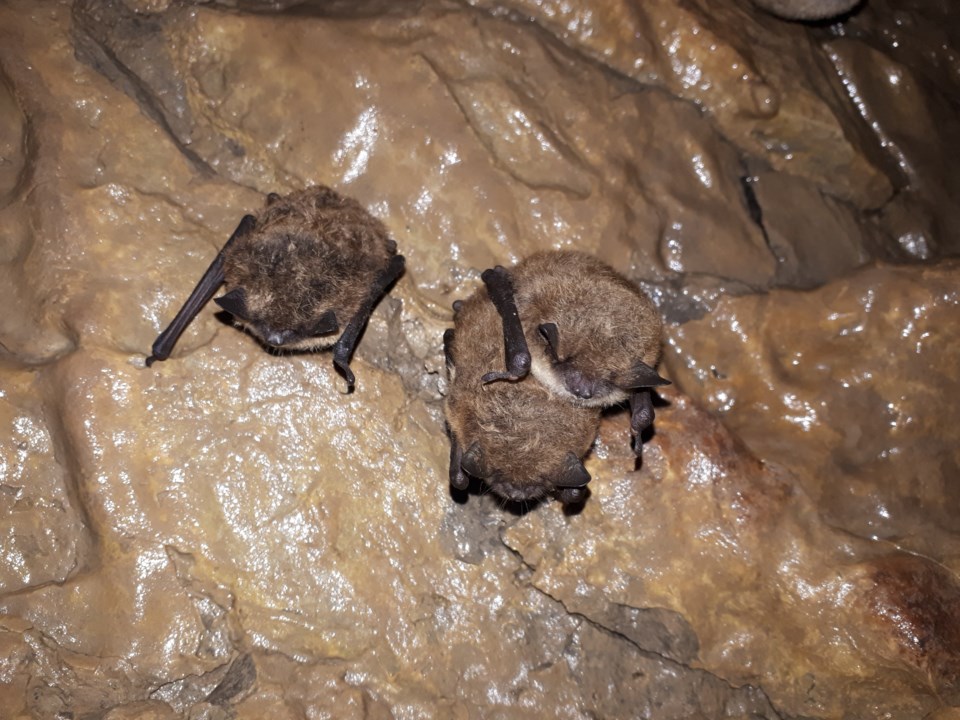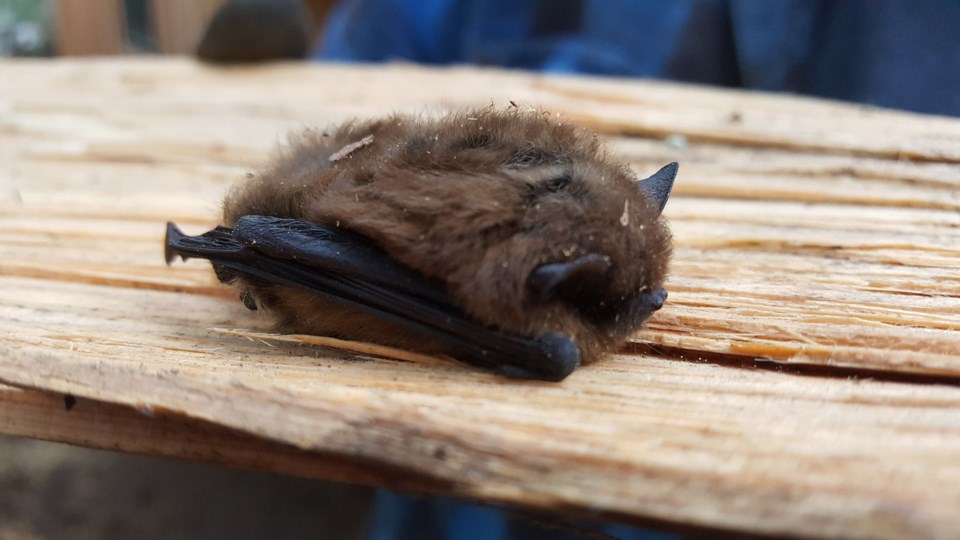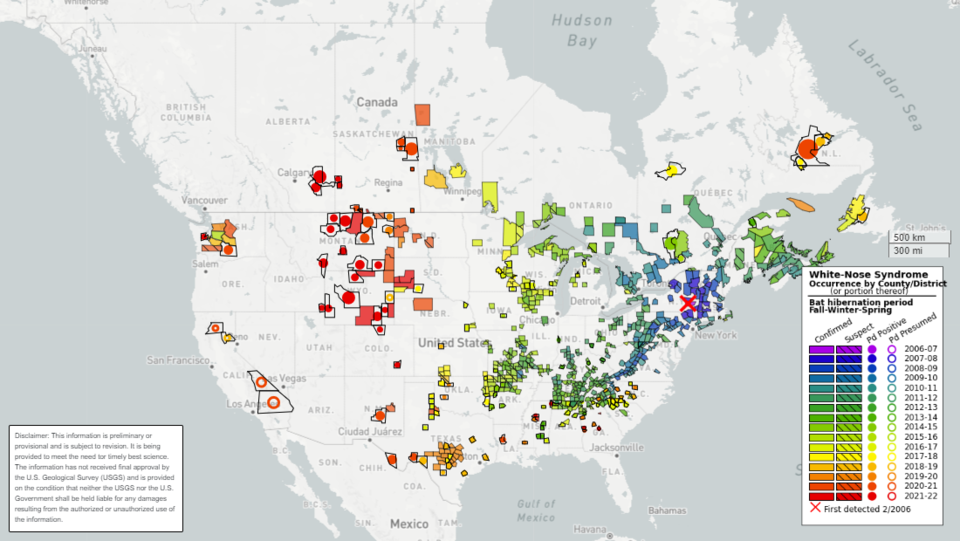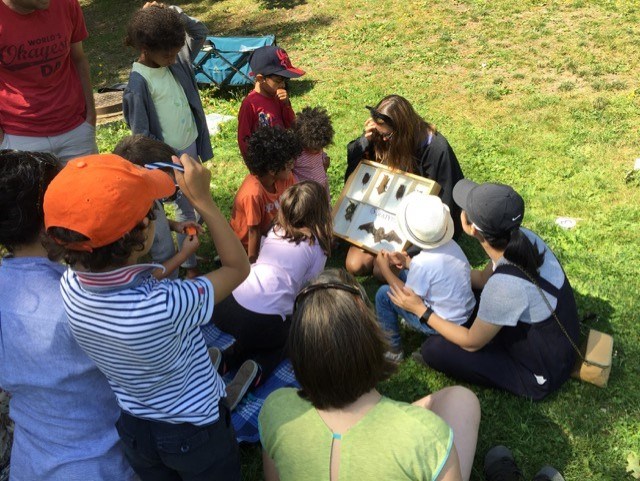The Community Bat Programs of BC is offering a two hour Bat Ambassador course to interested persons or groups in Squamish, Whistler, Pemberton, Gambier Island, and Bowen Island.
The course will be held on March 21 in the evening. This initiative aims to assign one or two bat ambassadors to each of these regions to help collect data on bat reports, monitor bat roosts during the BC Annual Bat Count, and help with their White-nose Syndrome Surveillance program.
The Bat Ambassador program is a citizen-science volunteer program that will greatly help bat biologists learn more about bats in these regions, as well as help with the management and conservation of bats in these areas.
Bat ambassadors will have program resources and support throughout the year. Interested groups or persons please contact myself, Danielle Dagenais, Regional Coordinator for the Metro Vancouver-Squamish Region at [email protected] to sign up and/or learn more.

Researchers are also asking public for help fighting a disease that effects the Little Brown Bat.
B.C.’s bats, including the well-known Little Brown Bat, are threatened by a fungal disease headed towards the province from Alberta and Washington State. The Community Bat Program, in collaboration with the Province of BC, are asking the public for help in the effort to detect and prevent the spread of White-Nose Syndrome (WNS). Residents are urged to report any bat activity observed in winter and any sick or dead bats found before May 31.
White-Nose Syndrome is a fungal disease that is harmless to humans, but has devastated North American bat populations. The fungus attacks bats while they are hibernating, appearing on their wings and faces to give an appearance of a white nose.
Bats often wake to clean the fungus from their skin. This uses valuable energy, and finally the bats die from hypothermia and starvation. Across North America, millions of bats have been killed, and two BC species are now listed as Endangered.

As a key predator for many night-flying insects, bats are essential parts of BC’s ecosystems and provide billions of dollars of economic benefit by helping control agricultural, forest, and urban pests.
First detected in New York State in 2006, the disease continues to spread, with detections on the west coast close to Seattle and in south-central Alberta. Biologists say the arrival of WNS in BC is imminent.

Increasing the number of reports from the public is the best chance to understand how WNS might spread and affect local bat populations. Though there is not yet a proven cure for WNS, several promising treatment options are being developed, and it may be possible to mitigate the effects of this wildlife health crisis.
If you find a dead bat or have sightings of winter bat activity, please report to the B.C. Community Bat Program online at www.bcbats.ca, via email at [email protected] or by calling 1-855-922-2287 (1-855-GOT-BATS)
All live bats should be left alone — keep your distance, snap a photo and report it to the B.C. Community Bat Program. If you must move a bat, visit www.bcbats.ca for advice and never touch a bat with your bare hands. Please note that if you or your pet has been in direct contact with the bat you will need further information regarding the risk of rabies to you and your pet.
In partnership with the BC Ministry of Environment, and funded by the Habitat Conservation Trust Foundation, Forest Enhancement Society of BC, Habitat Stewardship Program, the BC Community Bat Program provides information and promotes local stewardship and citizen science.
You can find out more about the BC Community Bat Program and options for helping local bat populations at www.bcbats.ca, [email protected], or 1-855- 922-2287 ext. 11



